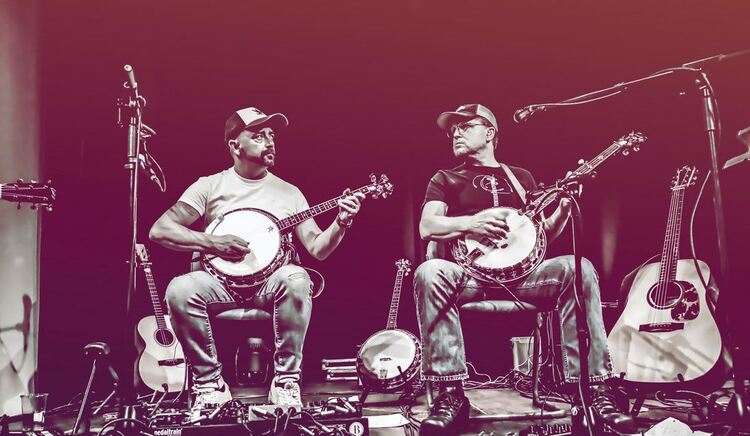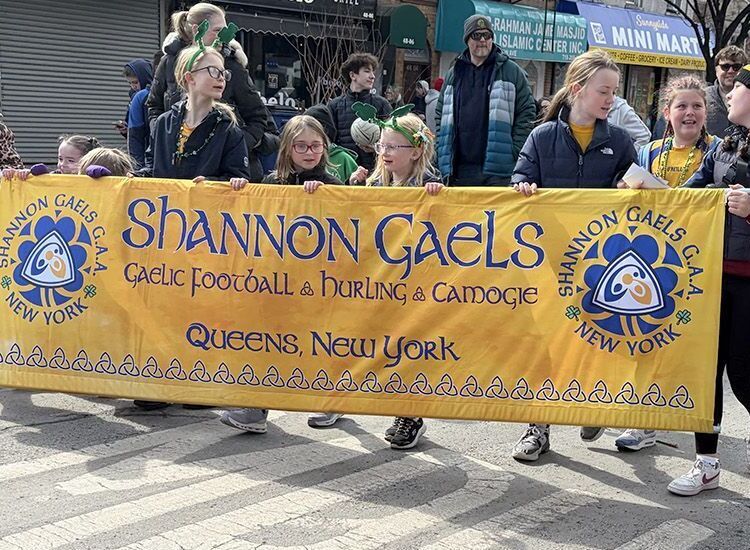By Dave Hannigan
Training restrictions should be aimed at the 16-21 age group, the players most in danger of burnout. 
There was a much simpler time in the GAA's history when at some point in a team's run to an All-Ireland final, one of the players involved would, in the course of an interview, mention just how much work the squad had put in to their success. Invariably, an anecdote would be trotted out about how the first training session for that year's championship had been held the previous September. All the better if the story centered on some savage work-out that a new boss put them through on the very same weekend that the eyes of the country had been focused on events in Croke Park.
This was a type of feel-good narrative that became part of the game's culture. You know the drill. After twelve months of slogging and a couple of hundred training sessions, the team reached the top of the mountain. They had, by dint of hard work and commitment, managed to close the gap on the teams that, just the previous season, had been far superior to them. Other counties read these kinds of testimonies and regarded them as the new commandments. No shortcuts. Only those willing to out-work their peers can ever hope to triumph.
The Clare hurlers started the road to their breakthrough 1995 All-Ireland in September 1994. The same with the Wexford hurlers twelve months later. There were no shortage of instructive examples and inspirational templates.
Those distant days have come to mind in recent weeks with the ongoing debate about inter-county squads circumventing the current regulations preventing them from training during November and December. Amid whispers that teams all over the country are ignoring the mandate, the Cavan footballers have come under the spotlight for an allegedly blatant flouting of Rule 6.43 of the GAA's Official Guide. The county board deny this was their intention but whatever happened when the team's new manager Val Andrews oversaw a practice match up there recently, any right-thinking fan should hope this forces this ludicrous issue to be reexamined by the powers that be.
Of all the hair-brained schemes concocted by the GAA in recent years, this was one of the most ill-conceived and poorly-designed. What has it achieved except forcing managers and players to be more imaginative in how they find excuses to work out together? Seriously, how many of these teams have used the white-collar boxing tournament ruse by now? That they are forced to resort to these types of measures in the first place is ridiculous. Apart from all the other reasons why it needs to be repealed, there is the simple fact it deprives lesser counties of the opportunity to try to at least out-work their more illustrious rivals.
We all know that teams train smarter now than they did in previous eras. We know too that some of the insane hill-running and mindless lapping of fields done in the past may have done more long-term damage than short-term good. However, we also know that there was a huge psychological benefit for the lesser counties in putting themselves through the mill like the Clare hurlers did on the famous hill in Crusheen. It was through extending themselves physically that they first started to become convinced they were at least strong and fit enough to compete with the best that was out there. Today, all aspiring counties are supposed to start work on January 1st. Just like their more successful peers.
One of the GAA's biggest problems right now is that, for all its benefits, the back-door championship system ensures that the strong just keep getting stronger. Last July, Cavan were embarrassed by Cork in an All-Ireland qualifier. How can they hope to bridge the enormous chasm between them and the newly-crowned champions if both squads get to start their preparation on the same date? In the old days, they would have had an extra three or four months start on the likes of Cork and could have profited accordingly.
Nobody should downplay the enormous problem of player burn-out in the association. Across both codes, in every county on the island, people can reel off the names of great young players who never fulfilled their potential because they were over-used between the ages of 16 and 21 by greedy selectors and desperate managers more interested in winning trophies than in fostering the best development of nascent talent. That's the time in life when players are in most danger of being exploited and over-worked.
Once they are in their twenties and fully-fledged members of inter-county senior panels, hurlers and footballers (in the serious counties anyway) live regimented sporting lives, forever conscious of the need to taper, always working towards hitting peak fitness at certain times of the year. It's before that period that the GAA needs to legislate for. How many of us can tell tales of brilliant 16 year olds stupidly being forced to tog out for nine and ten different teams in a single season? Aside from representing their own age group, they were pushed up to play for the club minors and the Under-21s too in some cases. Often across both codes. Throw in a commitment to some inter-county side and, of course, a couple of school teams, and these teenagers ended up playing four and five games a week. It was more of the same when they reached college.
It is astonishing that in an association where people can still get into a tizzy about a GAA club making money off renting out an Astroturf field to a soccer club, there aren't enough visionaries to put a motion to Congress pointing out the ridiculousness of the winter-training ban. Christy Cooney came out strongly in favor of the rule just the other day. You'd think the president of would be more concerned about the vast numbers of inter-county players leaving the country on a daily basis rather than preventing them getting together to train. Indeed, for any unemployed hurler or footballer, the opportunity to train with the county just now would be a psychological boon.









